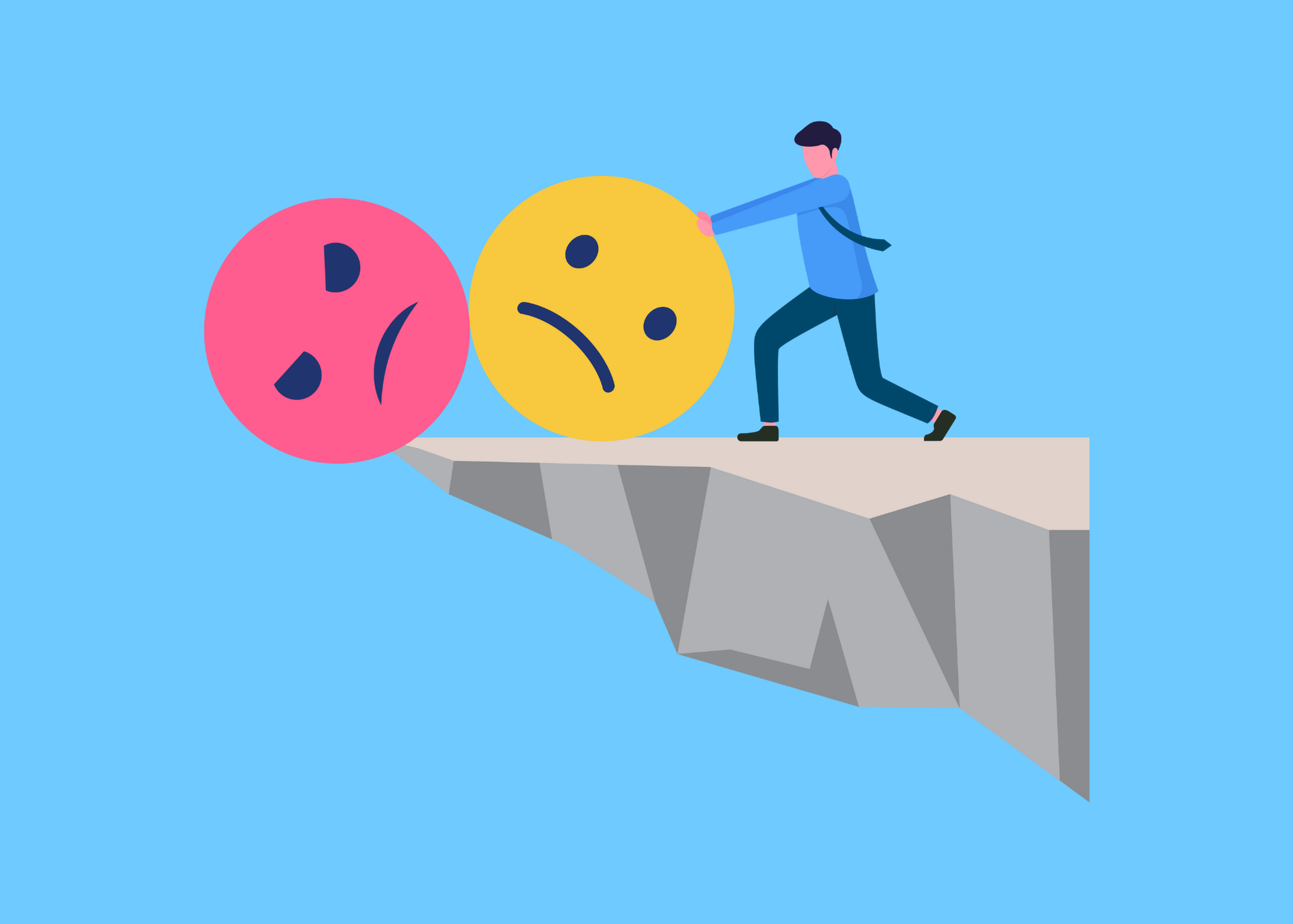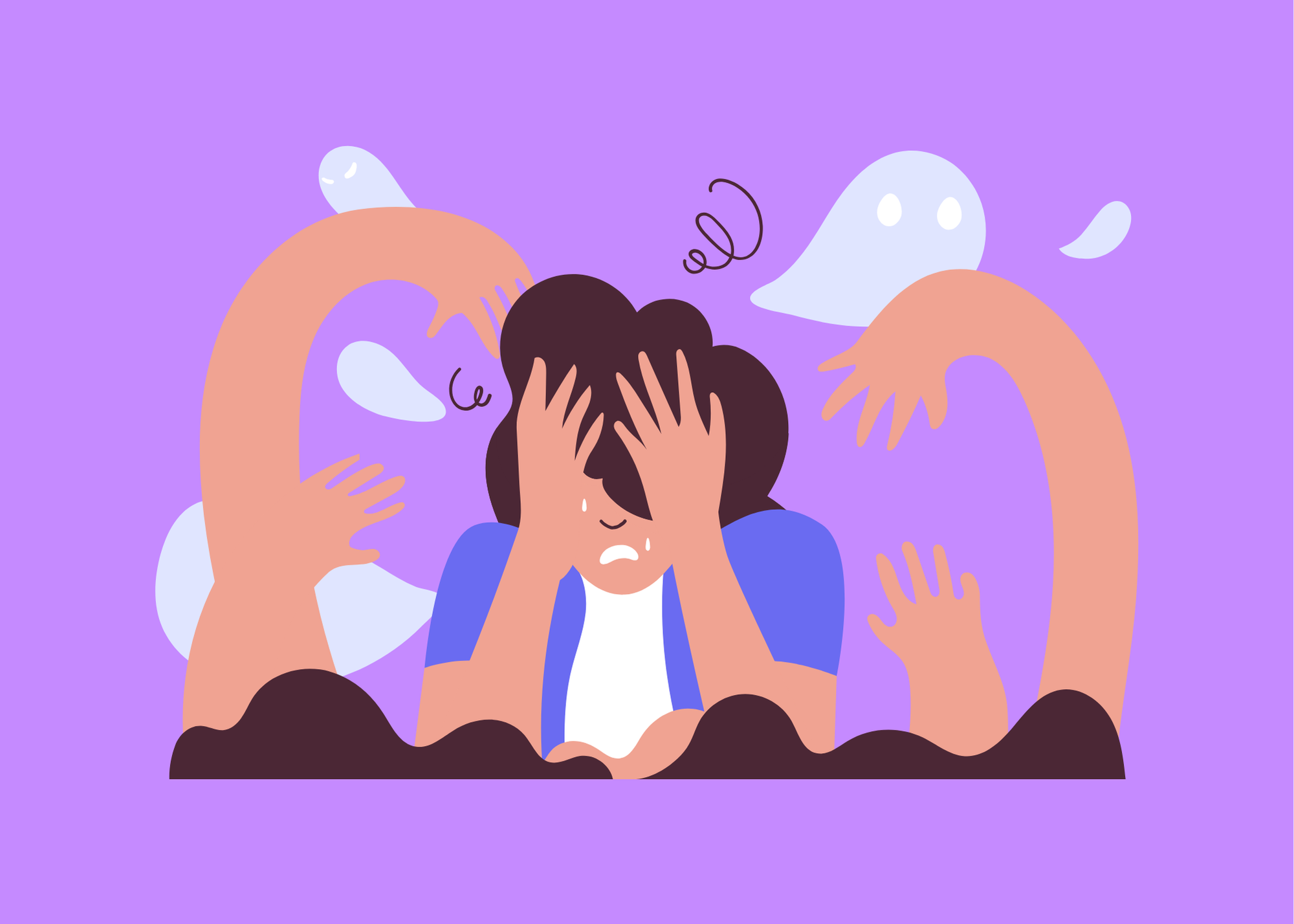Stress Is Killing You—Literally: 10 Serious Chronic Conditions Caused by Chronic Stress
Chronic stress accelerates your path towards chronic health conditions.
You already know stress is bad for you. But let’s be clear: chronic stress isn’t just making you tired or cranky. It’s quietly rewiring your body, laying the groundwork for disease, and accelerating your path toward chronic health conditions.
High-achievers, listen up—because the stress you wear as a badge of honor? It’s the same stress that’s setting you up for long-term health failure.
What Chronic Stress Does to Your Body
Chronic stress isn’t just “all in your head.” It’s a full-body assault with devastating effects:
Inflammation Overload: Stress triggers a constant release of cortisol, which, in small doses, is fine. But chronic elevation? It fuels systemic inflammation, which is the root cause of nearly every chronic disease.
Immune System Breakdown: Over time, stress weakens immune function, making you more susceptible to infections, autoimmune diseases, and even cancer.
Metabolic Dysfunction: Stress messes with blood sugar regulation, appetite control, and fat storage—leading to obesity, diabetes, and cardiovascular disease.
Cellular Aging: Chronic stress accelerates telomere shortening (think of these like protective caps on your DNA). The shorter they get, the faster you age and the higher your risk of chronic disease.
Now, let’s talk about the real consequences. Here are 10 chronic conditions you’re at higher risk for if you don’t get your stress under control.
10 Serious Chronic Conditions Caused by Chronic Stress
1. Heart Disease
What it is: The #1 killer worldwide. Includes hypertension, heart attacks, strokes, and heart failure.
How stress fuels it: Chronic stress raises blood pressure, increases inflammation in the arteries, and contributes to high cholesterol. Cortisol and adrenaline spikes put excessive strain on the cardiovascular system, increasing your risk of heart attacks and strokes.
Danger Zone: If you’ve had high blood pressure or high cholesterol for over a year without intervention, you’re rolling the dice on a heart attack or stroke.
Possibility of Turning It Around: Yes, but only if you act fast. Lifestyle changes can significantly reduce risk, but if you ignore it too long, permanent artery damage may occur.
2. Type 2 Diabetes
What it is: A metabolic disorder where your body can’t properly regulate blood sugar.
How stress fuels it: Stress disrupts insulin sensitivity, spikes glucose levels, and increases cravings for sugary, high-fat foods—creating a perfect storm for diabetes development.
Danger Zone: If your fasting blood sugar is consistently above 100 mg/dL, you’re in prediabetes territory. Ignore it, and full-blown diabetes isn’t far behind.
Possibility of Turning It Around: Reversible in the early stages. Once full-blown diabetes sets in, it becomes a lifelong condition that needs constant management.
3. Cancer (Yes, Stress Plays a Role)
What it is: Uncontrolled cell growth leading to tumors. Stress has been linked to higher risks of certain cancers, including breast, prostate, and colorectal.
How stress fuels it: Chronic inflammation and a weakened immune system make it easier for cancer cells to grow and spread. Stress hormones can also promote tumor growth by influencing cell signaling pathways.
Danger Zone: If you’re under chronic stress for years and have other risk factors (poor diet, smoking, family history), you’re significantly increasing your odds.
Possibility of Turning It Around: Early detection is key. While some cancers can be treated successfully, prevention is your best bet—reduce stress before it sets the stage.
4. Depression & Anxiety Disorders
What they are: Mood disorders characterized by persistent sadness, worry, or fear.
How stress fuels them: Chronic stress depletes neurotransmitters like serotonin and dopamine, making it harder to regulate mood. It also shrinks the hippocampus, the brain’s emotional control center.
Danger Zone: If you’ve been in a high-stress state for more than six months and your mood is deteriorating, take action before it becomes clinical depression or an anxiety disorder.
Possibility of Turning It Around: Yes, but it gets harder the longer you wait. Therapy, lifestyle changes, and sometimes medication can help rewire your brain, but you must intervene early.
5. Burnout Syndrome
What it is: Chronic emotional, physical, and mental exhaustion, often linked to work stress.
How stress fuels it: Continuous exposure to high demands, lack of recovery time, and emotional depletion lead to full-blown burnout.
Danger Zone: If you’ve felt emotionally drained and disengaged from work for more than three months, burnout is already here.
Possibility of Turning It Around: Yes, but it requires a serious shift—boundaries, workload adjustments, and intentional recovery strategies.
6. Autoimmune Conditions (Lupus, Rheumatoid Arthritis, Hashimoto’s)
What they are: Diseases where the immune system mistakenly attacks your own tissues.
How stress fuels them: Chronic stress dysregulates immune function and increases inflammatory cytokines, creating fertile ground for autoimmune flare-ups and disease onset.
Danger Zone: Long-term stress, especially paired with a family history or previous illness, can activate or worsen these conditions.
Possibility of Turning It Around: Autoimmunity can’t be cured, but symptoms and progression can be managed with lifestyle changes—including stress reduction.
7. Irritable Bowel Syndrome (IBS) and Digestive Disorders
What it is: Chronic gut discomfort, bloating, pain, constipation, or diarrhea—often stress-triggered.
How stress fuels it: The gut-brain axis is real. Stress alters gut motility, microbiome balance, and digestive enzyme production.
Danger Zone: If stress consistently triggers digestive issues, your gut is already being affected.
Possibility of Turning It Around: Yes. Gut health can rebound with dietary changes, stress management, and microbiome support.
8. Celiac Disease
What it is: An autoimmune condition where the ingestion of gluten causes damage to the small intestine.
How stress fuels it: Stress exacerbates inflammation and immune dysfunction, which can worsen symptoms and potentially trigger the disease in genetically predisposed individuals.
Danger Zone: If you have celiac genes and experience chronic gut or immune issues under stress, you could activate the condition.
Possibility of Turning It Around: Celiac isn’t reversible once triggered—but managing stress may prevent triggering it in the first place.
9. Obesity
What it is: A complex disease involving excessive body fat that increases risk of other conditions.
How stress fuels it: Cortisol promotes fat storage, especially visceral fat. It also leads to emotional eating and disrupted sleep—all drivers of weight gain.
Danger Zone: If you’ve been gaining weight consistently for six months or more under stress, your hormones and metabolism are likely already out of balance.
Possibility of Turning It Around: Yes, but it takes more than willpower. You must address both the emotional and physiological sides of weight gain.
10. Neurodegenerative Diseases (Alzheimer’s, Parkinson’s)
What they are: Progressive brain disorders that impact memory, cognition, and movement.
How stress fuels them: Chronic stress increases oxidative stress and inflammation, which contribute to brain cell damage and degeneration.
Danger Zone: Midlife stress and burnout may accelerate the onset of symptoms later in life.
Possibility of Turning It Around: Prevention is key. Once symptoms appear, these conditions are progressive, but healthy lifestyle changes—including stress management—may slow progression.
High Achievers: The Lifetime Stress Debt
If you’ve spent your life under stress—whether from childhood dysfunction, academic pressures, or career ambitions—you’re already carrying a significant stress burden. Long-term exposure to stress in early life changes your brain and body, making you more vulnerable to chronic conditions later on.
Does early stress guarantee future disease? Not necessarily, but it puts you at higher risk. Stress compounds over time, and if you don’t actively manage it, your body will eventually force you to.
What can you do now? The sooner you take control of your stress, the better your odds of avoiding irreversible damage. Waiting until burnout hits or a diagnosis appears is a losing game. Start now.
What You Can Do About It
Ignoring stress isn’t an option. Here’s how to take control:
Prioritize Sleep: Chronic stress and poor sleep fuel each other. Aim for 7–9 hours of quality sleep.
Move Daily: Exercise reduces cortisol levels and protects against metabolic dysfunction.
Fuel Your Body Right: Eat a balanced diet rich in whole foods to combat inflammation and support your immune system.
Set Boundaries: Overworking yourself into the ground isn’t an achievement—it’s self-sabotage. Learn to say no.
Practice Stress Management Techniques: Meditation, deep breathing, therapy, or simply taking regular breaks can drastically reduce stress.
Seek Support: Don’t navigate stress alone. Work with a health coach, therapist, or professional who can help you develop a realistic stress management plan.
Final Thoughts: Time to Cut the Excuses
Stress isn’t a status symbol. It’s not a sign of hard work, resilience, or success—it’s a slow-motion train wreck leading to chronic disease. If you don’t take control of it now, your body will make the decision for you later, and you won’t like the consequences.
It’s time to stop normalizing chronic stress. Your career, ambition, and responsibilities don’t mean much if your health is in shambles. Prioritize stress management like your life depends on it—because it does.
Article References
The sources cited in the article:
Columbia Doctors. "Chronic Stress Can Hurt Your Overall Health." Columbia Doctors - Chronic Stress Can Hurt Overall Health
National Institutes of Health (NIH). “The Effects of Chronic Stress on Health.” NIH - Effects of Chronic Stress on Health
American Psychological Association (APA). "Stress Effects on the Body." APA - Stress Effects on the Body
Mayo Clinic. "Chronic Stress Puts Your Health at Risk.” Mayo Clinic - Chronic Stress Puts Your Health at Risk
Yale. “Chronic Stress.” Yale - Chronic Stress






